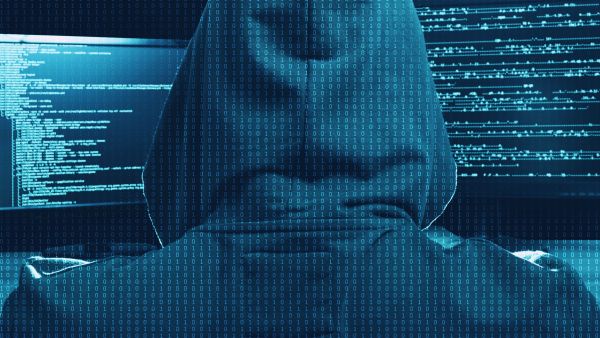ALBAWABA - A sophisticated phishing campaign that is thought to be linked to Iranian hacker groups has reportedly affected dozens of well-known Israeli actors. The Times of Israel says that the scheme involved fake casting calls for a big movie project that tricked people into giving up personal information and audition tapes.
The attack shows that Israel's creative industries are becoming more vulnerable to cyberattacks, as they rely more and more on digital platforms for contracts, auditions, and distribution.
As part of the audition process, victims were asked to send in copies of their passports, ID numbers, and addresses. Several people who sent in their information said they got threatening follow-up messages. Experts in security say that the stolen information could be used for identity theft, financial fraud, or spying.
Since then, Israel's National Cyber Directorate has told people who were affected to get new government-issued IDs, update their banking information, and use two-factor authentication on all of their financial and communication platforms.
Blame on Iran
Early forensic evidence points to a possible link between the attack and a known Iranian cyber group that specializes in spying. In recent years, similar attacks have been aimed at Israeli academics, journalists, and government officials. This shows that Iran's cyberwarfare strategy against Israel has become more aggressive.
This most recent breach is seen as part of a larger effort to get sensitive information from Israeli targets through phishing, denial-of-service attacks, and the spread of malware.
Increasing Digital Conflict
The event happened during a time of rising geopolitical tensions. Turkish hackers leaked the personal number of Israeli Defense Minister Yisrael Katz earlier this month. In June, Iranian hackers went after Israeli academics. At the same time, Iran's banking system has been hit hard by cyberattacks, with groups like Predatory Sparrow shutting down ATMs, online banking, and even fuel distribution systems.
The Stuxnet virus from 2010, which disabled Iran's nuclear facility, was the first time digital weapons were used in a major way in the conflict between Israel and Iran.
What this means for business and security
The breach shows that industries other than government and banking face financial and reputational risks. As Israel's film industry becomes more popular around the world, experts say that people who work in entertainment are now attractive targets for cybercrime that is driven by intelligence.
The case will probably lead to a greater need for stronger digital security measures, not just in Israel but also in creative economies around the world, where sensitive personal information has become a valuable asset in geopolitical cyber conflicts.










